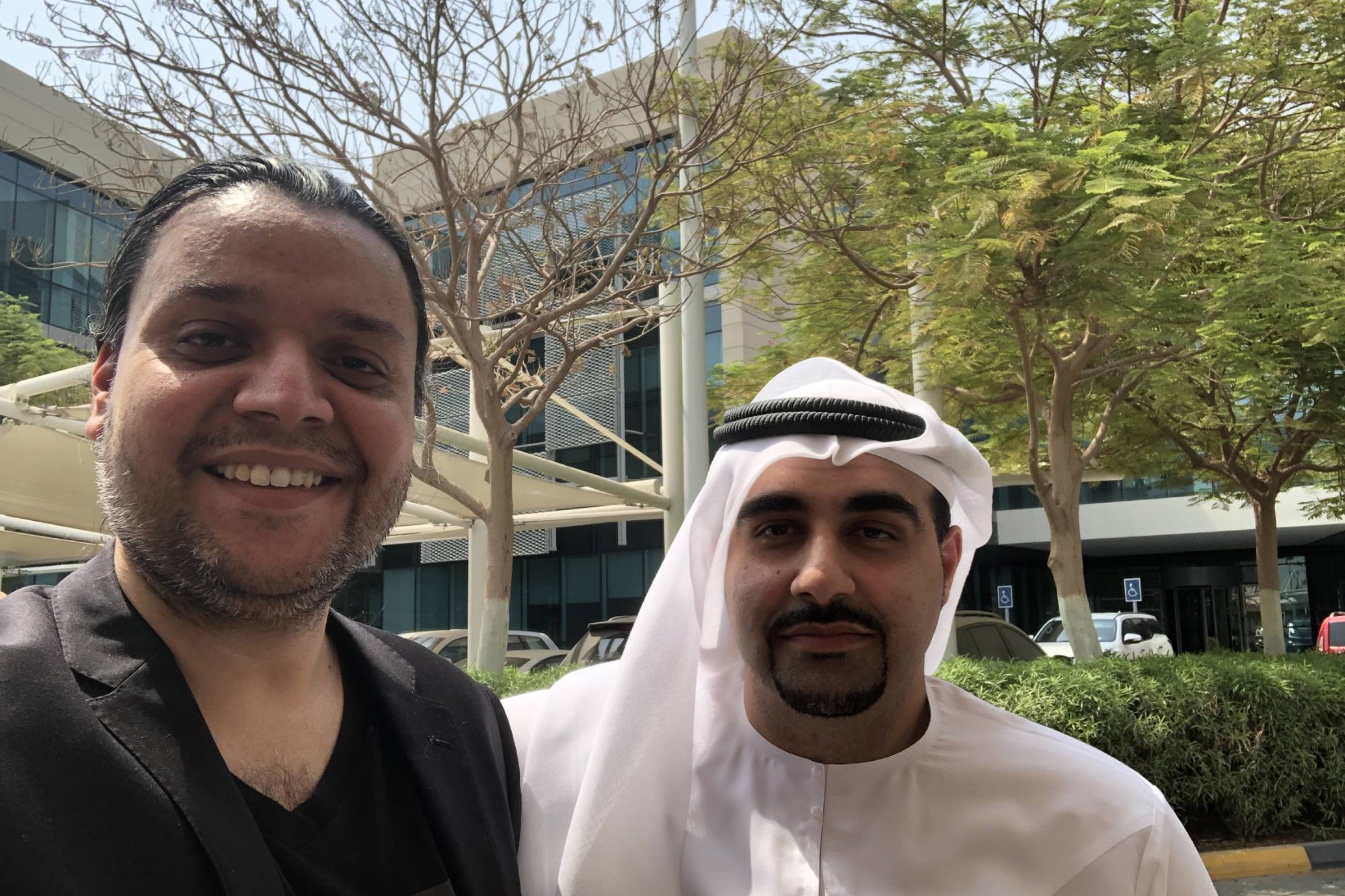The Road Ahead: Here Are The Investment Trends That MENA Entrepreneurs Can Expect In 2023 Due to the robustness of the oil price, the trend towards digitization, and the significant expenditure of governments on development, diversification, and infrastructure, the Middle East should be exciting to watch as an investment destination.
Opinions expressed by Entrepreneur contributors are their own.
You're reading Entrepreneur Middle East, an international franchise of Entrepreneur Media.

Given the challenging economic landscape that 2023 is starting with, what investment trends should we expect to see in the year ahead?
While there are signs inflation has peaked in some economies such as the US, it still has to work its way through many others, and it is, of course, at the mercy of further supply shocks, such as any escalation of the Russian-Ukraine war. We also have higher interest rates globally to contend with– and having returned to more traditional levels, central banks are unlikely to make a dash to reduce them significantly, irrespective of inflation levels.
Oil prices will continue to be an important factor– but while they have come down from the peaks of early March and June 2022, prices have not fallen dramatically, and many analysts expect oil to remain at the robust end of its spectrum. Also, dislocated supply chains are not yet fully resolved, although there is encouraging news with container freight shipping costs falling by 75% since February 2022, suggesting capacity is opening up and moving again.
Taking the foregoing into account, and considering the regional nuances that come from differing economic timelines, market specializations, and government policies, we should see some pressure on leveraged buyouts because of fewer opportunities. However, it should remain an interesting sector for growth capital, especially in the Middle East, due to high public expenditure levels, development, and diversification in the regional economy.
One positive aspect of this backdrop will be less pressure on valuations. Until 6-8 months ago, many markets were seeing sky-high valuations driven by new technological advances, creating challenging conditions for buying out businesses. Multiples are now decreasing, however, improving acquisition prices, although less pronounced in the Middle East. Additionally, reduced levels of liquidity are driving greater interest in private capital.
Looking ahead, there will be more growth in private debt through tailored deals, rather than relying on high commercial rates. This trend is universal, as the sentiment against spending heavily on servicing is a global one. On the wider investment front, the mood amongst analysts suggests little expectation of demand for private asset classes, with returns decreasing– this indicates a shift in portfolios towards private capital, and more long-term private markets.
Within the wider community, sentiment towards private equity is changing. People are now looking at private equity more positively, in comparison to venture investment, where interest is waning on the back of less hype, a need for focus on cash flows, and the difficulties that tech businesses have been seeing in markets as they corrected. We can expect this trend to continue into 2023.
Private equity will also attract greater interest as an ideal fit for businesses in distress, which require turnaround capital and hands-on expertise to help them see through difficult times. Another trend coming that we can already see is people creating direct channels for high-net-worth individuals to invest in private equity. Increasingly banks and wealth management departments are trying to create access for smaller individuals and organizations into private equity, with wealth-tech businesses looking to capitalize.
Previously, the size of investment required has been the obstacle to some, with some of the best performing firms not taking investors' money if the capital being offered was insufficient, but the required ticket size is now likely to come down. Using a specialized qualified investor -deploying small amounts of between US$100,000-500,000– is a potential route for smaller players, but it requires the acceptance of risk and a long-term approach. Broader access will also become possible, because the investor base is expanding quickly, but it may take time before this trend will affect smaller funds. It will be interesting to watch what wealth management teams at Middle Eastern banks will do. Compliance will be key.
Considering environmental, social and governance (ESG) investments is a focus for many, and some commentators have argued that investing in emerging markets is, by its very nature, an ESG investment by default, but that's not the case. Greater scrutiny of investment targets is required if ESG credentials are to be identified as genuine. So, expect a greater focus on the impact of ESG investments, looking to see if investment results in genuine benefits being achieved, or if it's simply greenwashing. What will regulators do with businesses that don't actually follow ESG principles, but claim to do so? 2023 looks to be an interesting year in this regard.
Finally, the move towards greater digitization –already gathering pace in the MENA– will also receive greater attention as a response to cost pressures. Tellingly, in his recent podcast, investment specialist Robert Smith of Vista suggested digitization now offers the highest return on investment– with some claiming return on investment (ROI) as high as 600%. If that ROI is taken as being close to reality, then using capital for digital transformation becomes extremely compelling when markets are challenging, and growth is hard to come by.
Thanks then to the robustness of the oil price, the trend towards digitization, and the significant expenditure of governments on development, diversification, and infrastructure, the Middle East should be exciting to watch as an investment destination. And even more exhilarating might be the ride for investors!
Related: An Investor's Viewpoint: Here's What Entrepreneurs Should Look Out For In 2023













